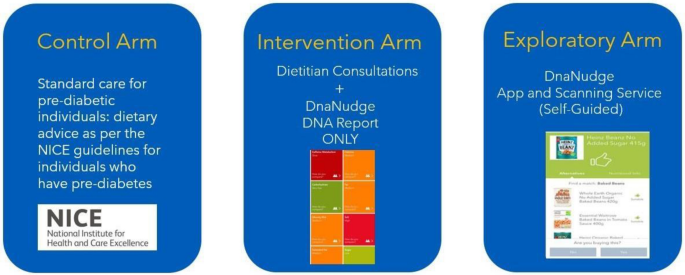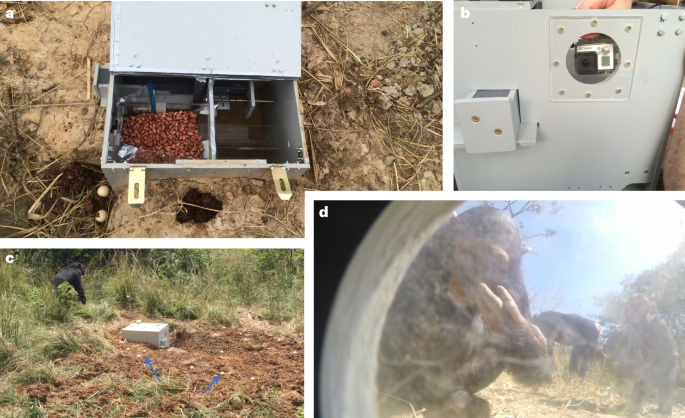2024-03-06 カロリンスカ研究所(KI)
<関連情報>
- https://news.ki.se/new-study-broaden-the-picture-of-the-consequences-of-childhood-adversity
- https://jamanetwork.com/journals/jamapsychiatry/fullarticle/2815834
小児期の逆境体験と成人後の精神的健康結果 Adverse Childhood Experiences and Adult Mental Health Outcomes
Hilda Björk Daníelsdóttir, MSc; Thor Aspelund, PhD; Qing Shen, PhD; et al
JAMA Psychiatry Published:March 6, 2024
DOI::10.1001/jamapsychiatry.2024.0039

Key Points
Question Are adverse childhood experiences (ACEs) associated with poor mental health in adulthood after adjustment for familial confounding due to shared genetic and environmental factors?
Findings In this cohort study using twin data, there were associations between ACEs and adult mental health outcomes in dizygotic and monozygotic twin pairs, while odds ratios were attenuated compared with the full cohort. Twins who were exposed to ACEs compared with co-twins who were not exposed had increased odds of clinically confirmed adult psychiatric disorders, particularly after sexual abuse or multiple ACEs.
Meaning These findings support an association between ACEs and poor mental health in adulthood, notwithstanding evidence for familial confounding from shared genetic and environmental factors.
Abstract
Importance Exposure to adverse childhood experiences (ACEs) has consistently been associated with multiple negative mental health outcomes extending into adulthood. However, given that ACEs and psychiatric disorders cluster within families, it remains to be comprehensively assessed to what extent familial confounding contributes to associations between ACEs and clinically confirmed adult psychiatric disorders.
Objective To investigate whether associations between ACEs and adult mental health outcomes remain after adjusting for familial (genetic and environmental) confounding.
Design, Setting, and Participants This Swedish twin cohort study used a discordant twin pair design based on monozygotic (MZ) and dizygotic (DZ) twins. A total of 25 252 adult twins (aged 18-47 years) from the Swedish Twin Registry born between 1959 and 1998 were followed up from age 19 years until 2016, with a maximum follow-up time of 39 years. Data were analyzed from April 2022 to November 2023.
Exposures A total of 7 ACEs, including family violence, emotional abuse or neglect, physical neglect, physical abuse, sexual abuse, rape, and hate crime, were assessed with items from the Life Stressor Checklist-Revised in a web-based survey.
Main Outcomes and Measures Adult (ages >18 years) clinical diagnosis of psychiatric disorders (ie, depressive, anxiety, alcohol or drug misuse, or stress-related disorders) were obtained from the Swedish National Patient Register.
Results Of 25 252 twins included in the study (15 038 female [59.6%]; mean [SD] age at ACE assessment, 29.9 [8.7] years), 9751 individuals (38.6%) reported exposure to at least 1 ACE. A greater number of ACEs was associated with increased odds of any psychiatric disorder in the full cohort (odds ratio [OR] per additional ACE, 1.52; 95% CI, 1.48-1.57). The association remained but ORs per additional ACE were attenuated in DZ (1.29; 95% CI, 1.14-1.47) and MZ (1.20; 95% CI, 1.02-1.40) twin pairs. Individuals who were exposed to sexual abuse compared with those who were not exposed had increased odds of any clinically confirmed psychiatric disorder in all comparisons: full cohort (OR, 3.09; 95% CI, 2.68-3.56), DZ twin pairs (OR, 2.10; 95% CI, 1.33-3.32), and MZ twin pairs (1.80; 95% CI, 1.04-3.11).
Conclusions and relevance This study found that associations between ACEs and adult mental health outcomes remained after controlling for shared genetic and environmental factors, which was particularly evident after multiple ACEs or sexual abuse. These findings suggest that targeted interventions may be associated with reduced risks of future psychopathology.


